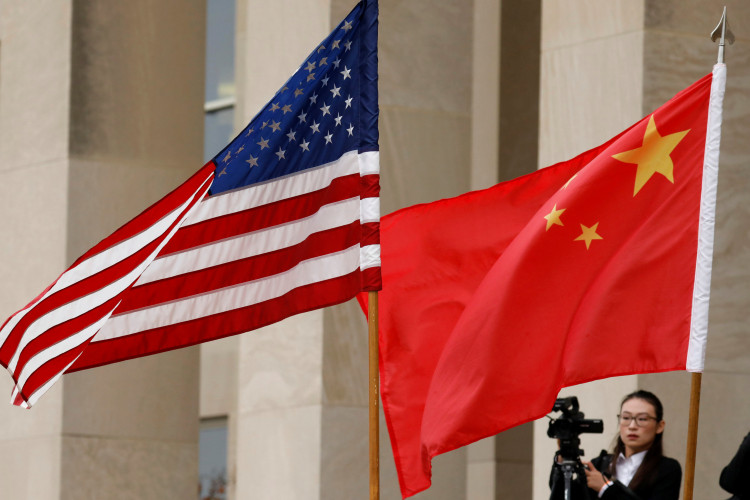Market and political observers are seeing the glimmer of hope as China and the United States take steps to achieve a compromise over ongoing trade tension that has crept through the international trade market.
This week, China sent a document to the United States, detailing its response to trade demands from Washington which sparked the ongoing trade war between the two nations. This letter from Beijing indicated that it is now ready to start negotiations on trade.
While it may not shift the current situation into a complete 360-degree turn, the letter from China is a positive sign since it was the first time after many months that the Asian superpower had put its stand on the matter in writing - this was the opinion shared by an unnamed government source who spoke with Reuters.
The letters outlined 142 items which are divided according to issues (1) China is willing to negotiate further, (2) issues Beijing is currently addressing, (3) issues that it refused to compromise.
The written response from China was delivered to Washington after negotiators from both parties started talks regarding the present situation. This also came after US President Donald Trump and Chinese President Xi Jinping spoke with each other in an official phone call held on Nov. 1.
On Nov. 13, trade officials from both countries confirmed that talks have resumed, stepping up efforts for Xi and Trump to finally discuss issues in person at the G20 Summit which will be held in Buenos Aires on Nov. 30.
People familiar with the ongoing discussions and who have read the letter told Bloomberg that negotiations were on a cordial and constructive vibe.
Other unnamed government officials told Reuters that the developments may result in a joint declaration from Trump and Xi, affirming that the ongoing trade conflict is moving in a better direction. At best, the developments may result in a decision from Washington to delay the impending tariff hikes that may otherwise kick in early in 2019. Hopefully, the two largest economies in the world may soon confront more complicated and deeper dents in their geopolitical and trade relations.
Evan Medeiros, an expert in Chinese relations, told the Financial Times that the Nov. 1 discussion between Trump and Xi may have eased the anxiety of the Chinese over Trump's unwillingness to enter a compromise with the Asian superpower. The call, somewhat, reassured China that the United States was "invested" in the negotiations.
Meanwhile, data released by the United States last week showed that the country's deficit in traded goods with China climbed 4.3 percent in September, reaching a record high of about $37.4 billion. The whole third quarter saw the deficit soaring to $106 billion up to $92.9 billion in the same period in 2017.






